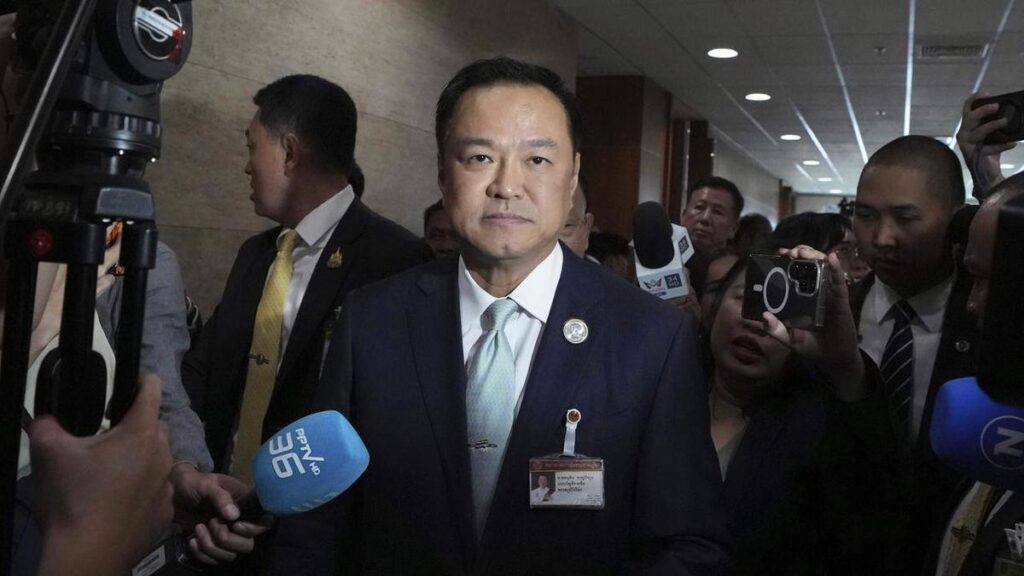
Political instability in Thailand is escalating as the ruling party, the Pheu Thai Party, seeks a new election to navigate a crisis that has gripped the nation. The caretaker government announced its intention to request the dissolution of parliament instead of proceeding with a parliamentary vote for a new prime minister. This move follows the dismissal of Paetongtarn Shinawatra by the Constitutional Court for breaching ethics laws during a phone call with Cambodia’s Senate President Hun Sen related to border tensions.
The Pheu Thai Party has been in power for two years, but its effectiveness has come under scrutiny. The party’s latest announcement refers to a request for King Maha Vajiralongkorn to dissolve parliament, a power solely held by the monarch. A date for this potential vote has yet to be established, and it remains unclear whether the king will endorse the dissolution. The Constitutional Court’s recent ruling adds further complexity, indicating that a caretaker prime minister cannot initiate dissolution unless there is a deadlock in voting for a new leader.
In a significant political maneuver, the opposition People’s Party, which emerged as the largest party in the 2023 elections, has expressed its willingness to support Anutin Charnvirakul, leader of the Bhumjaithai Party, for the prime ministerial role. This support, however, comes with conditions outlined in a recent agreement. Specifically, the new government must commit to dissolving the House of Representatives within four months and call for a general election.
Anutin’s potential premiership also includes plans to organise a referendum aimed at constitutional amendments, enabling the drafting of a new constitution by an elected constituent assembly. This move reflects ongoing discussions about democratic reforms and governance in Thailand.
Acting Prime Minister Phumtham Wechayachai has expressed concerns regarding the economic impact of prolonged political uncertainty. He remarked, “With all of these problems, our lawmakers think we should return power to the people and let the people decide.”
The political landscape has been tumultuous since the Move Forward Party, previously operating under the name the People’s Party, won the most seats in the 2023 elections. Their candidate was blocked from assuming power due to opposition from senators appointed by the military government, who opposed the party’s reformist agenda concerning the monarchy. Following this, the Pheu Thai Party managed to secure a coalition government led by real estate executive Srettha Thavisin, though his tenure was short-lived due to ethical violations.
Srettha’s replacement, Paetongtarn Shinawatra, also faced challenges during her leadership. Her government was significantly weakened when the Bhumjaithai Party withdrew from the coalition shortly after her controversial call with Hun Sen in June, leaving the Pheu Thai Party with a fragile parliamentary majority.
As political tensions continue to rise, the future of Thailand’s governance hangs in the balance, with elections looming as a possible pathway to stability.






